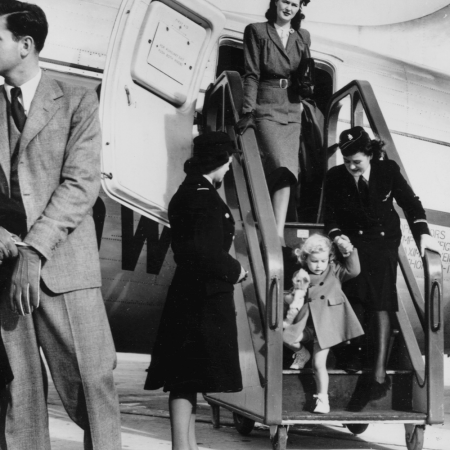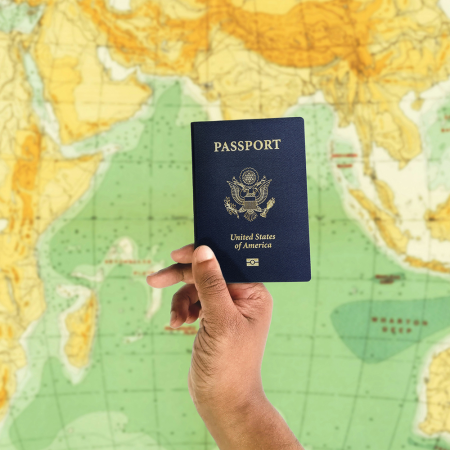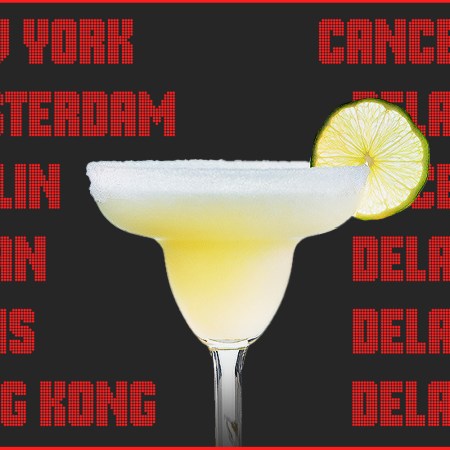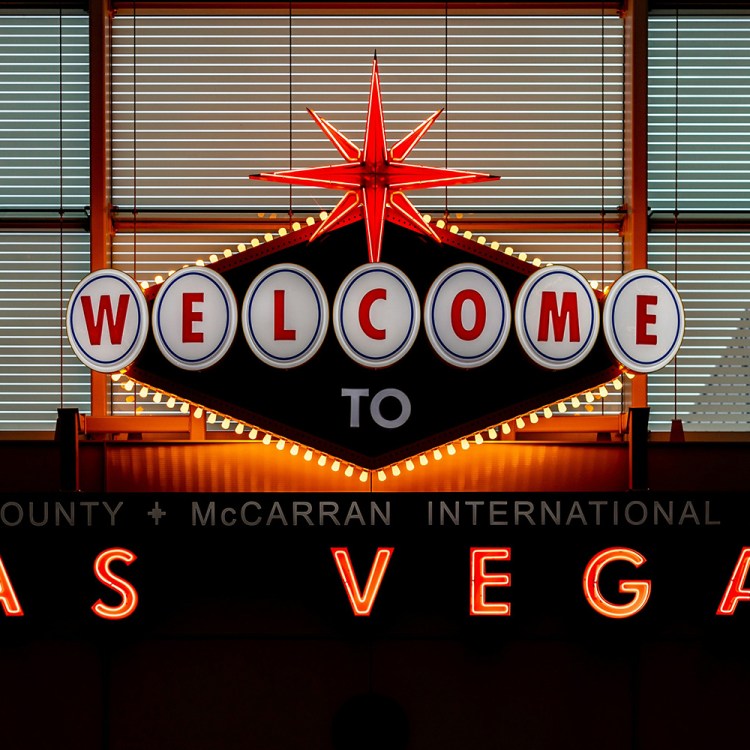I’ve always had a hard time understanding how anyone in this day and age can afford to take off a year of work in favor of traveling the world. Don’t get me wrong — the will is there, it’s the way that hasn’t revealed itself to me. By my estimate, it costs somewhere in the ballpark of $20,000-$30,000 per person to traipse the globe for a year, other outstanding bills (i.e. student loans) not included. And while the rise of remote work has most certainly opened doors for some, I, for one, can’t imagine pitching that to my boss.
That said, WWOOFing may be the answer. Not familiar with the term? You’re not alone. WWOOF stands for World Wide Opportunities on Organic Farms, per a new report from Thrillist, has been around since 1971 and is available in more than 130 countries. As you’ve probably gathered, there is a labor component, though it’s a small tradeoff for being able to travel the world, virtually for free.
Here’s how it works: in exchange 20-30 per week, participating organic farms will lodge and feed you three meals a day. All you have to do is pay a $25 membership fee to access and view the active listings.
What the Hell Is a ‘Bleisure’ Trip?
Millennials swear by it, and you should, too“If you wanted to (and planned it right), you could farm-hop and travel for months at a time, for just the cost of a plane ticket,” Ismail Ibrahim writes. “And through WWOOF, you are cutting out the cost of food and shelter, which can stretch your funds quite a bit further.”
According to Ibrahim, who is currently WWOOFing in Bali, it’s not only the best way to see the world, it’s also one of the best ways to truly immerse yourself in local culture. Per a recent study commissioned by travel booking platform GetYourGuide, around half of the leisure travelers polled said that experiencing a destination as a local, and having “authentic and unforgettable experiences,” is a top priority. It’s easy to see how WWOOFing might appeal in that regard.
There are a few caveats, however, the number one being the nature of the work is physically demanding, which unfortunately precludes a lot of travelers from participating. The other is, in accordance with labor laws, it doesn’t pay cash. So while you may not need to pay for food or accommodations, you aren’t making money. But, hey, if you’ve got $25,000, and unlimited vacation time, to burn — I say carpe diem.
Check out this map to see every country where WWOOF organizations are currently located.
Thanks for reading InsideHook. Sign up for our daily newsletter and be in the know.




















